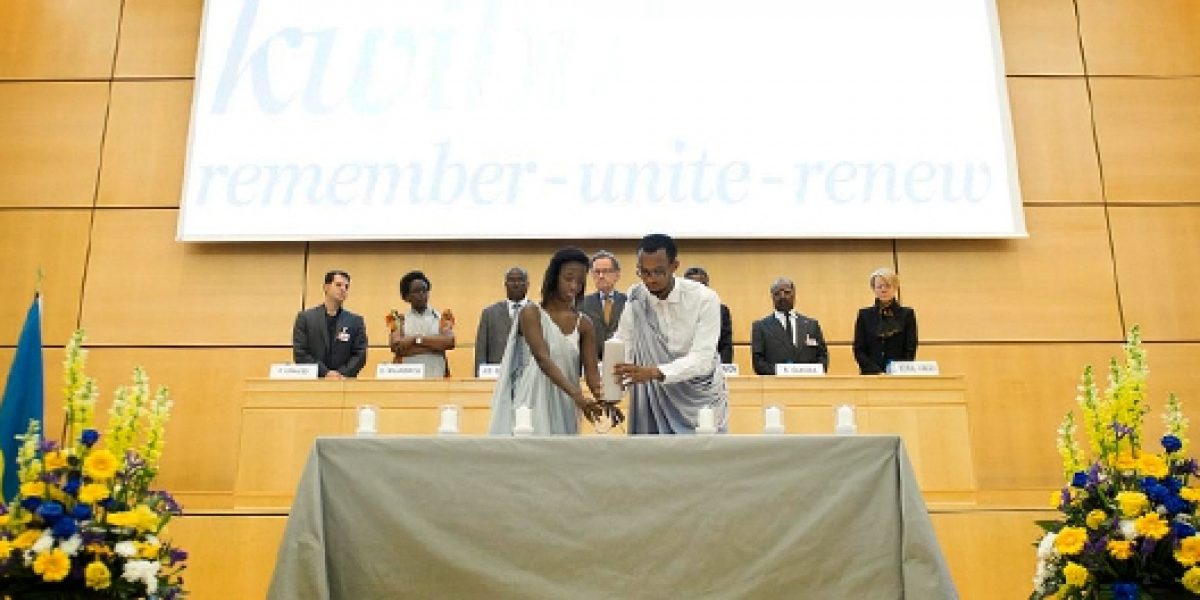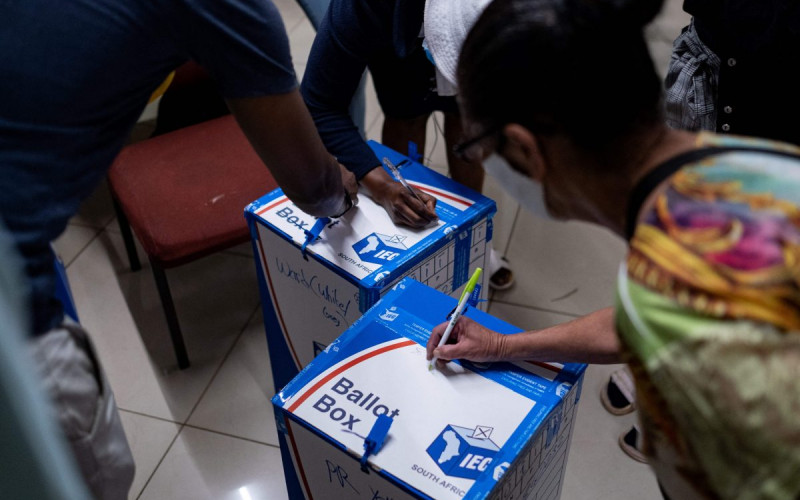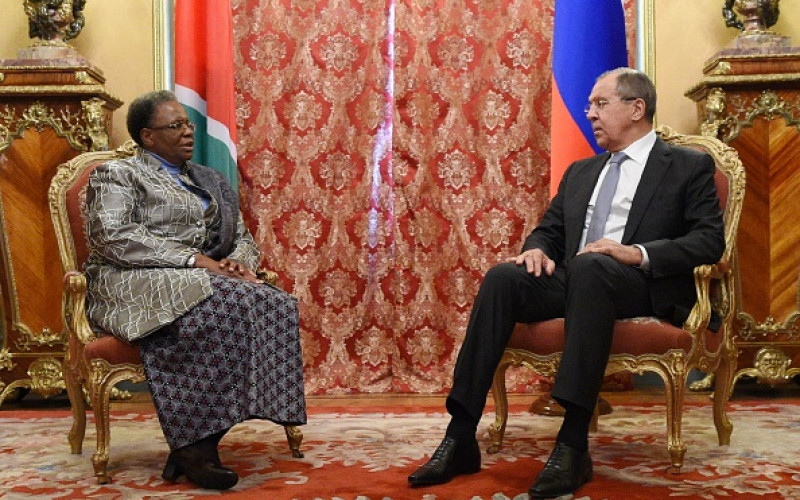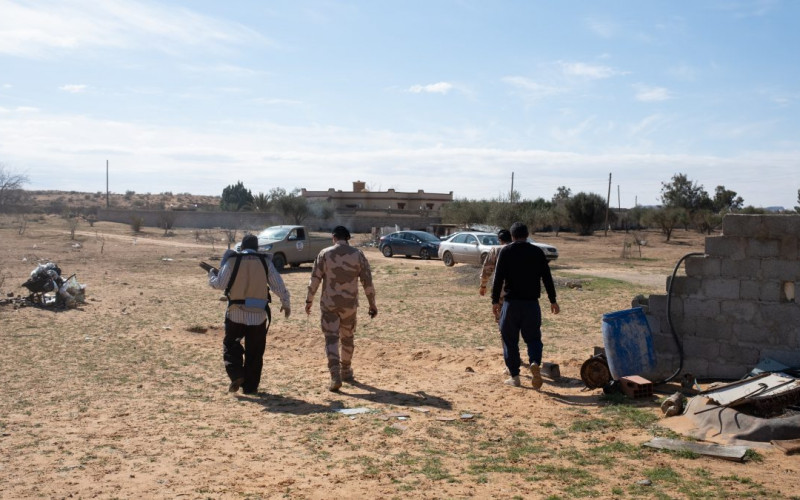Arguably, African states have yet to embrace the role of international justice institutions in addressing such crimes, as is evident in the recent calls for withdrawal from the Hague-based International Criminal Court (ICC).
This is worrying given the lack of capacity in African states to deal with war criminals internally and the intent behind the establishment of the ICC, i.e. to curtail a culture of impunity globally and ensure that atrocities on the scale of the Rwandan Genocide are not repeated.
“Never again!” is the proclamation that has followed almost all institutionalised forms of injustice that have caused inordinate displacement and death throughout history. Inexorably, the primary objective of the flame of remembrance, the memorials, museums and the annual commemoration in Rwanda is to act as a reminder of the gravity of the crimes that were committed. An estimated 800,000 Tutsis and moderate Hutus lost their lives in just over three months during a politically orchestrated ethnic cleansing operation that began on 7 April 1994.
African leaders often assert that Africa does not have a monopoly over organised mass crimes when confronted with the issue of genocidal killings on the continent. They rightly contend that genocides have happened and can happen in non-African states as well.
It is against this backdrop that the indictment of two serving African heads of state by the ICC has caused ructions across Africa. In March 2009, Sudanese President Omar Hassan al-Bashir was the first to be indicted for crimes against humanity in the Darfur region. Two years later, Kenyan President Uhuru Kenyatta was also indicted for the violence sparked during the 2007 presidential elections resulting in the deaths of an estimated 1,200 Kenyans. Kenyatta’s deputy, William Ruto, faces accusations on the same grounds.
After the violence ended in early 2008, Kenya was given a chance to establish a national tribunal to prosecute those responsible for the violence. Failure to do this led former United Nations Secretary-General, Kofi Annan to hand the cases over to the ICC. However, ever since the Kenyan Supreme Court affirmed Kenyatta’s election victory on 4 March 2008, there has been growing regional support favouring the dropping of the charges against the president and his deputy. The call was taken up in October 2013 by the African Union (AU) which formally requested the deferral of the case.
The AU argued that the indictment of sitting heads of state undermines the sovereignty of African countries and destabilises national governments. On 31 March 2014, the ICC agreed to the AU request and postponed the repeatedly delayed case against Kenyatta until 7 October 2014.
Certain member states suggest that African governments should withdraw as a unit from the Rome Statute – the treaty upon which the ICC legal framework is based – on the premise that the ICC is unfairly targeting African states. Some arguments have gone as far as to call the ICC ‘a carefully curated European political instrument to recolonise Africa’. Yet a quick look at history shows that 34 African states were actively involved in the creation and ratification of the Rome Statute. In fact, African nations are still the largest regional bloc under the ICC Assembly of State Parties. Judges at the ICC include Kenyan Joyce Aluoch, Malian Fatoumata Dembélé Diarra, Akua Kuenyehia from Ghana and Sanji Mmasenono Monageng from Botswana. Additionally, the chief prosecutor who deals with indictments is Gambian Fatou Bensouda. Furthermore, four of the eight African cases tried by the ICC were referred by the states themselves for crimes happening within their borders. The other four were referred by the UN Security Council.
The concept of an international court is essential for peace and global justice, and even more so in Africa, where many countries lack the infrastructure, political will or legal machinery to deal with serious war criminals internally. Yet, it would seem that African states want to choose when global governance policies should apply and when they should not. Can they rightfully do so given their active role in the crafting of the Rome Statute?
War crimes, crimes against humanity and genocide are not indistinct or ill-defined concepts and no-one should be exempt from facing the full force of justice for these crimes. While there are unaddressed war criminals elsewhere in the world; this does not change the fact that war crimes are being committed in Africa. Instead of undermining the ICC, there should be greater effort towards cooperation and lobbying within the confines of the ICC for African interests and procedural concerns.
The withdrawal of African support for the ICC would not only destabilise international justice, it would leave an international justice vacuum, also in Africa for the reasons noted above. While international tribunals and the ICC do not offer a toolkit remedy for mass political violence, they have enormous deterrence value. They are often also a necessary and essential element in the post-conflict peace-building process. The Rwandan Genocide commemoration should be a reminder to all of the value of an institution such as the ICC.






